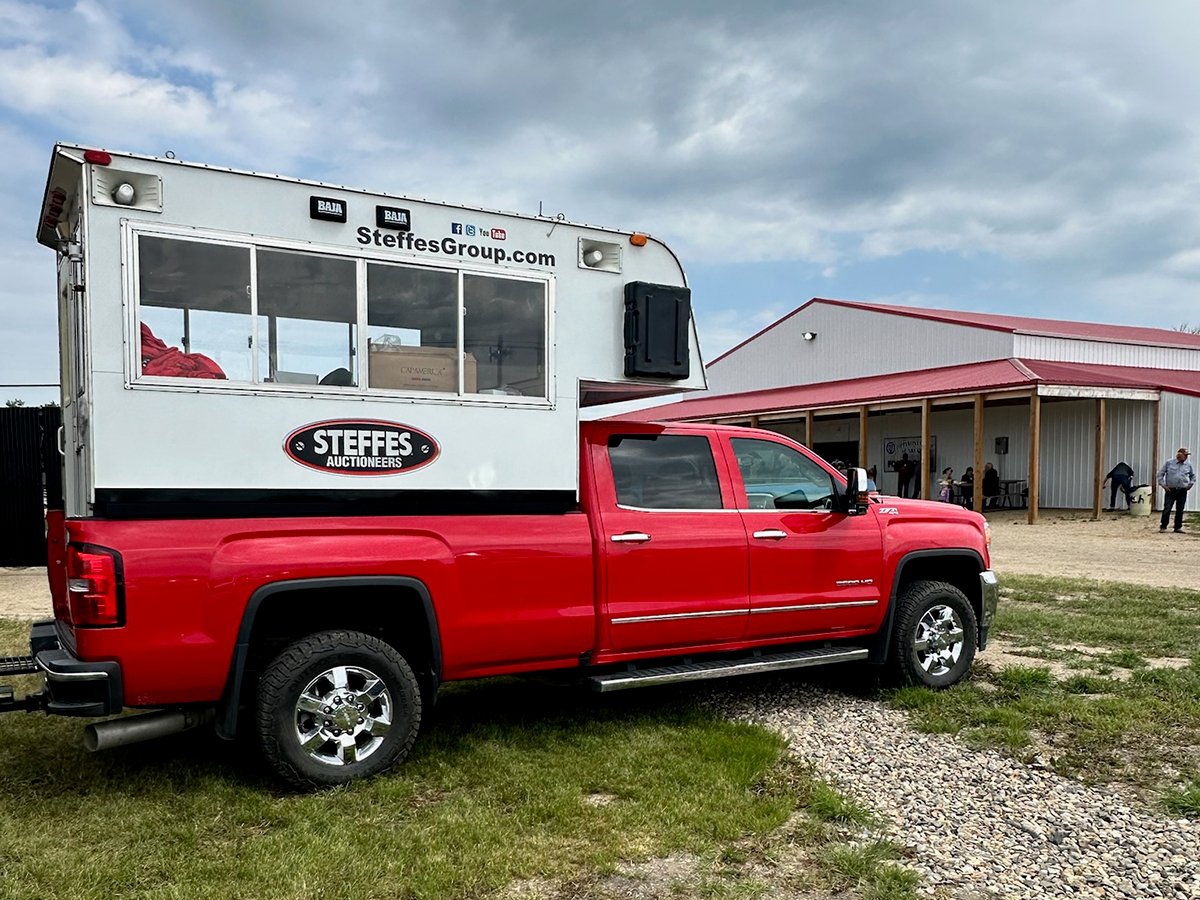Programs for abusive spouses
Q: My wife mailed me your column about coping with an emotionally abusive spouse. I’m not supposed to communicate with her because of a restraint order, but we do anyway, by mutual consent. Our relationship, limited as it is now by distance, is the most lovable it has ever been, with no threats, intimidation or name calling.
I’ve taken a partner abuse seminar through court order. On the recommendation of my wife, I also got involved in a 14-week program at the local mental health unit, called Alternatives. I’m halfway through it. I also plan to take its second phase, another 16 weeks. I’ve been reading books about men and abuse, including The Batterer, The Solemn Appeal (which really jolted me into awareness), Violence No More, and Boys Will Be Boys. These books teach a lot. My facilitators are surprised by my response in the group therapy.
Read Also

Farm auctions evolve with the times
Times have changed. The number of live, on-farm auctions is seeing a drastic decline in recent years. Today’s younger farmers may actually never experience going to one.
I’ve also become sensitive to abusive situations, to the point of realizing my boss is an abuser. He humiliated his two-year-old son in front of me, making him confess, tearfully, that he wet his pants. Kids do not need to be humiliated this way.
I’m caught in a Catch-22 situation. I believe I have quit my abusive behavior, just as I have quit alcohol, drugs and smoking. But my wife doesn’t believe me. She does not have the assertiveness to approach the judge about appealing my probation, which keeps me away from her. Until my time is up, my wife does not think we could be back together, at least physically. So I’ve got a year to become proficient in non-abusive behavior and a lifetime of followup.
I appreciate any information you may have. I also send everything I read to my wife for her to look at. Our family has never been in such a position to become joyful, happy, contented and normal.
A: It’s nice to hear from a man who is not only getting help for his abusive behavior, but seems to be sticking to it. There’s no quick cure for stopping abuse. The program I offer in Prince Albert, Sask. runs weekly for eight months. Then those who see the need to maintain their improvement can attend weekly sessions for as long as they wish.
Many men look upon these sessions as similar to going regularly to an AA meeting. You don’t go because you have abused. Rather you go there to be honest and talk about your little slips before they progress into bigger and more serious abuse.
I have so much information I couldn’t even start to send it to you. But if you or other men who are working on living an abuse-free life were to stop by my office, I’d be willing to have you browse through my materials. If only in town on weekends I could be contacted at 306-764-1214 to see if we could meet at the office.
Don’t be impatient with that year of probation and separation, or your wife’s slowness in regaining confidence in you. You probably conditioned her not to trust you over a long period of time. In her healing she may need to reach out to a support group for abused women. These groups by the way are not anti-male, they are pro-healing.
Most importantly, it’s your responsibility, not your wife’s, to deal with any possible adjustment to your court order. Expecting her to deal with the legal dilemma slips her back into that false expectation that she is supposed to take care of you.
I don’t know of any groups in Saskatchewan, but a group called Batterer’s Anonymous might be active in a large city near you. You can check with your group facilitators.














